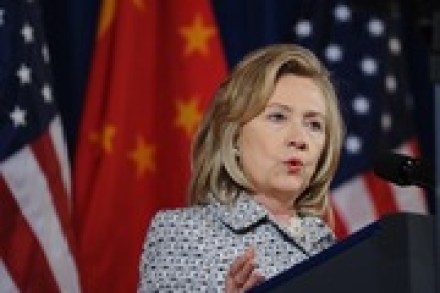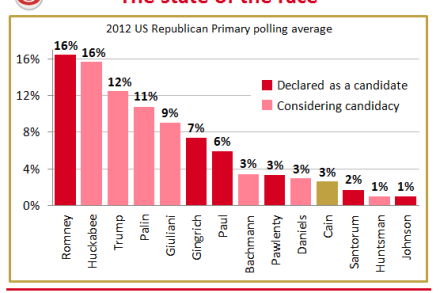Slums Are A Feature of Success
Meanwhile and continuing our population theme it may be worth spending a moment on population density in the developing world too. Commenting on this post Axstane writes: This logic tells us that Nigeria, South Africa, Mexico and Brazil are all very well off indeed since they have dramatically increasing populations. Their slums, crime rates and unemployment are all features of a healthy society? Actually, yes they are. Apart from any other consideration, urbanisation will most probably reduce birth-rates in the developing world, not increase them. Moreover, the great migration to the city is evidence of urban success and rural failure, not the other way round. (Paradoxically, much of our development

















